They know they are not allowed to. So why do they do it?
Have you ever thought, “They know they are not allowed to climb on the table/run away from the table with food/push their brother or sister/pull the leaves off the plant…”?
Children indeed have a very good memory.
That said, they are also very impulsive and their impulse control is still developing.
So even if they may know what is expected, it doesn’t mean they are able to control their urges to cooperate.
Which is why in Montessori the teacher/parent/carer is their guide.
We are there to remind them, to keep everyone safe, and to step back for them to try again.
We step in as little as possible, but as much as necessary.
And we cannot assume they know. Be prepared to remind them a mere 1,000 times if needed. In a kind and clear way.
Think of ourselves. If you’ve ever tried to give up sugar, coffee, go running every day, not snack between meals etc, even though we know what we are supposed to do, how many times do we give in? Or how much willpower does it take?
Even better if we have supportive people to keep us on track. Not to reprimand us, but remind us what we promised ourselves, and to make it better if needed.
So here are a few examples of things I say pretty much every day in my class:
- “This is a spreading activity. The spread goes on the cracker.” (to a child wanting to lick the knife or eat the cracker)
- “It will be available soon.” (to a child having a hard time waiting for an activity)
- “The paint goes on the paper.” (to a child heading towards the floor or wall with paint)
- “Yes, you can have another cracker when you’ve finished that one.” (to a child still eating)
- “It goes here.” (tapping the shelf where an activity can be returned.”
So, yes, they may know they aren’t allowed to. But we can be their pre-frontal cortex and remind them (as many times as needed) in a kind and clear way, when they “forget.”
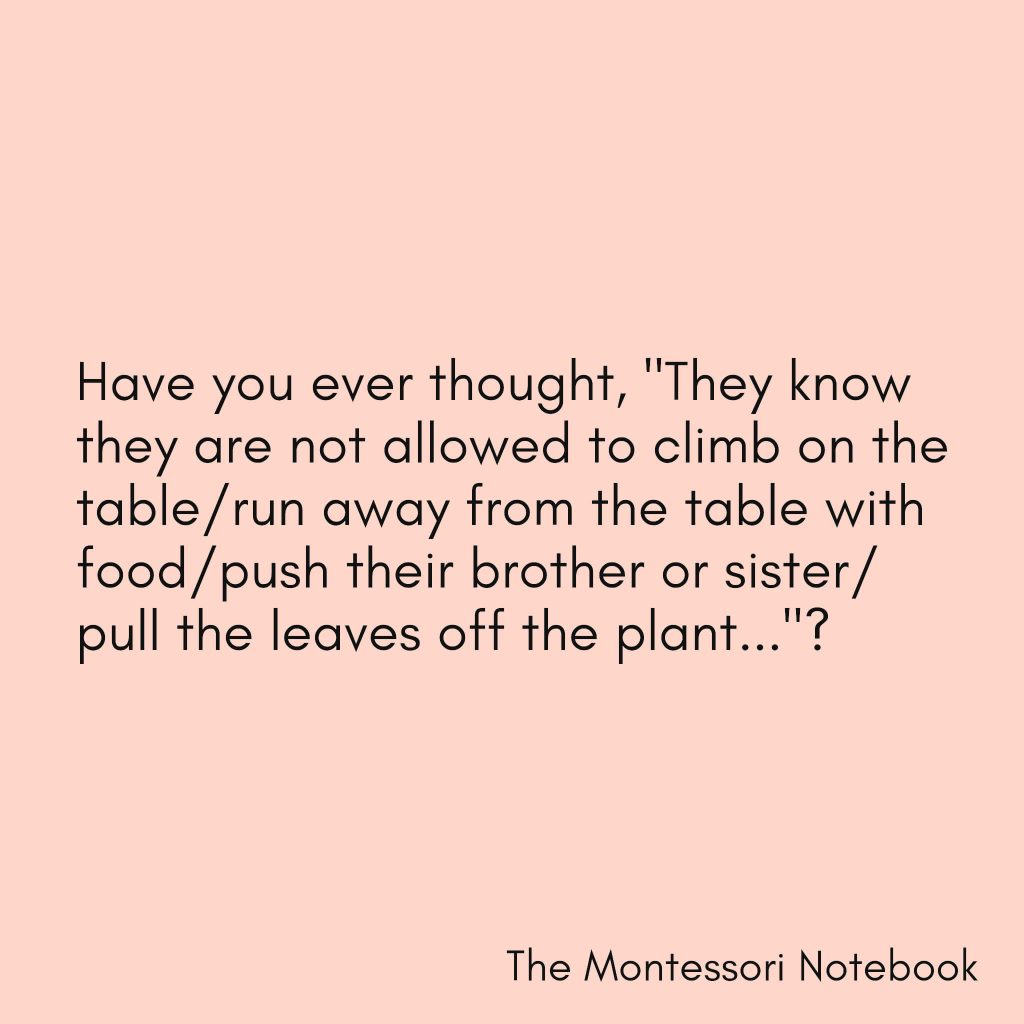
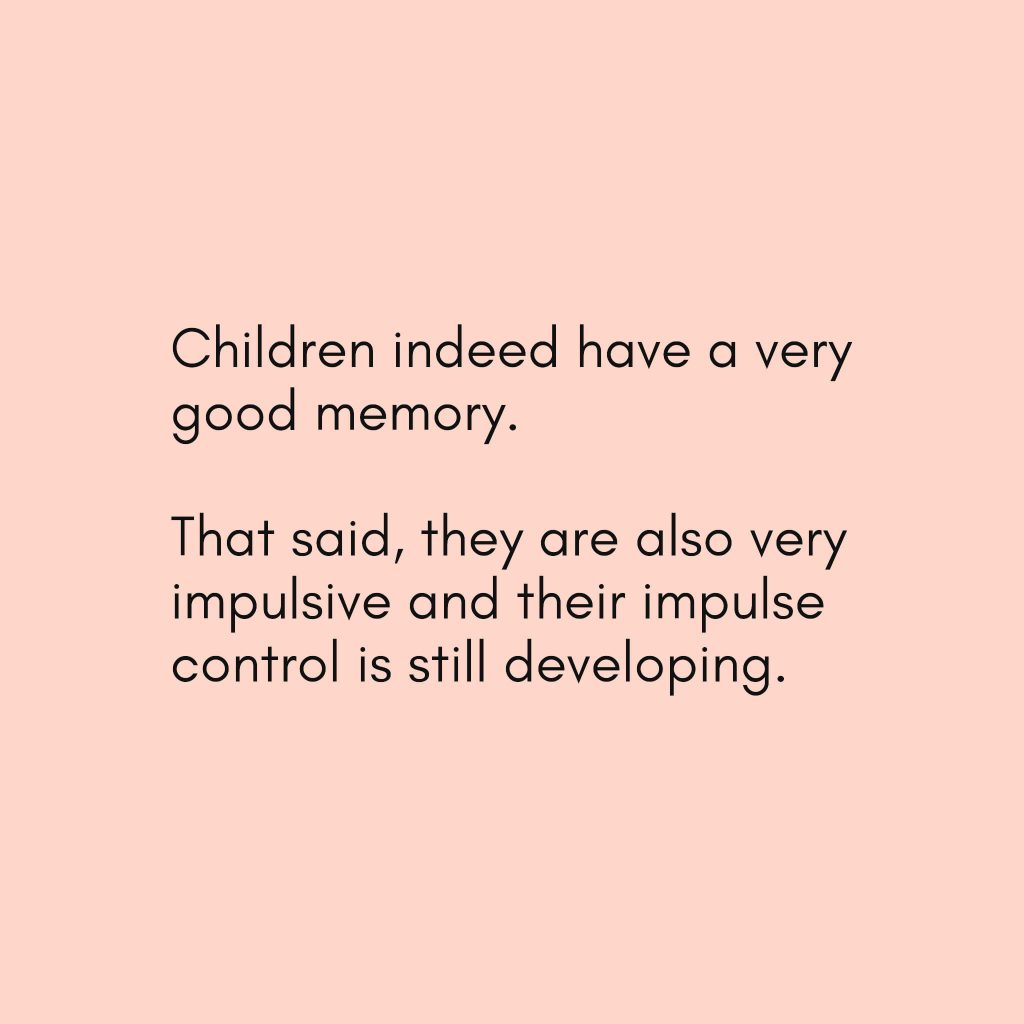
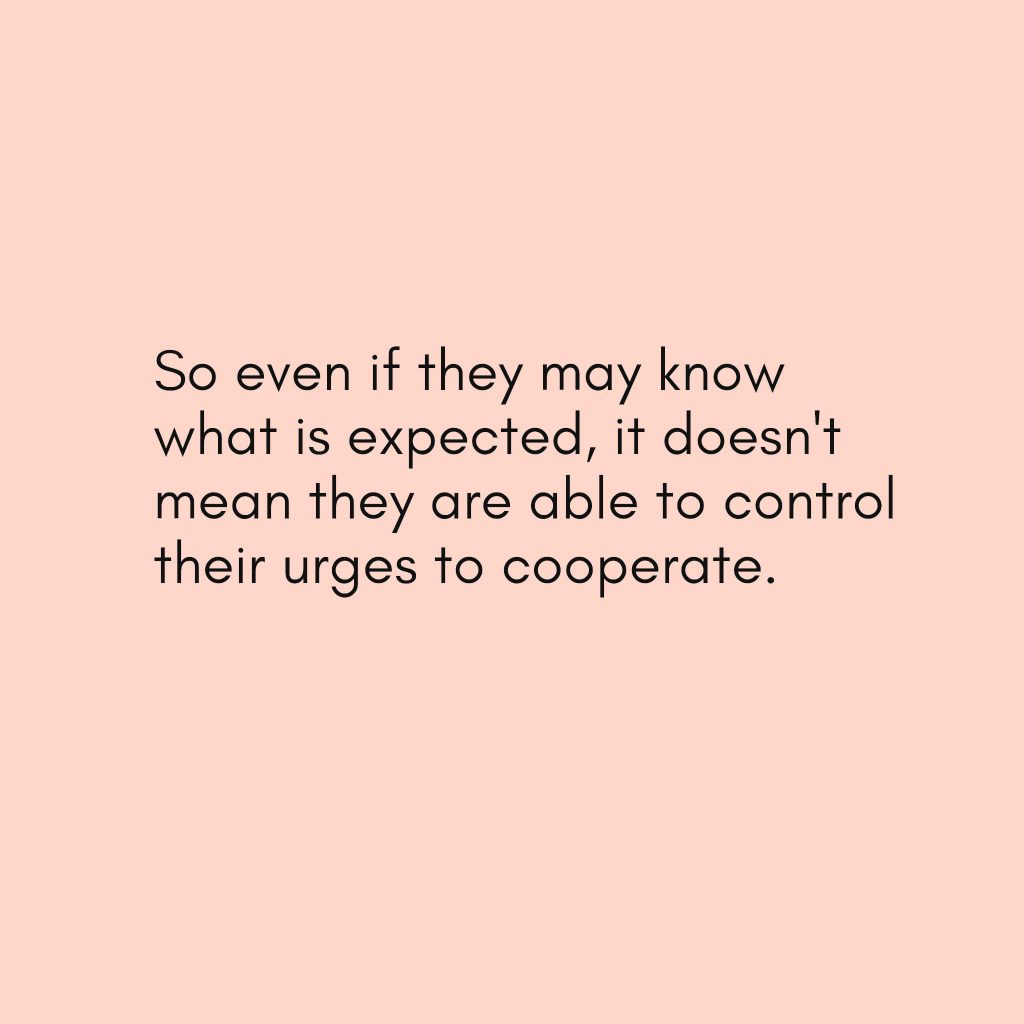
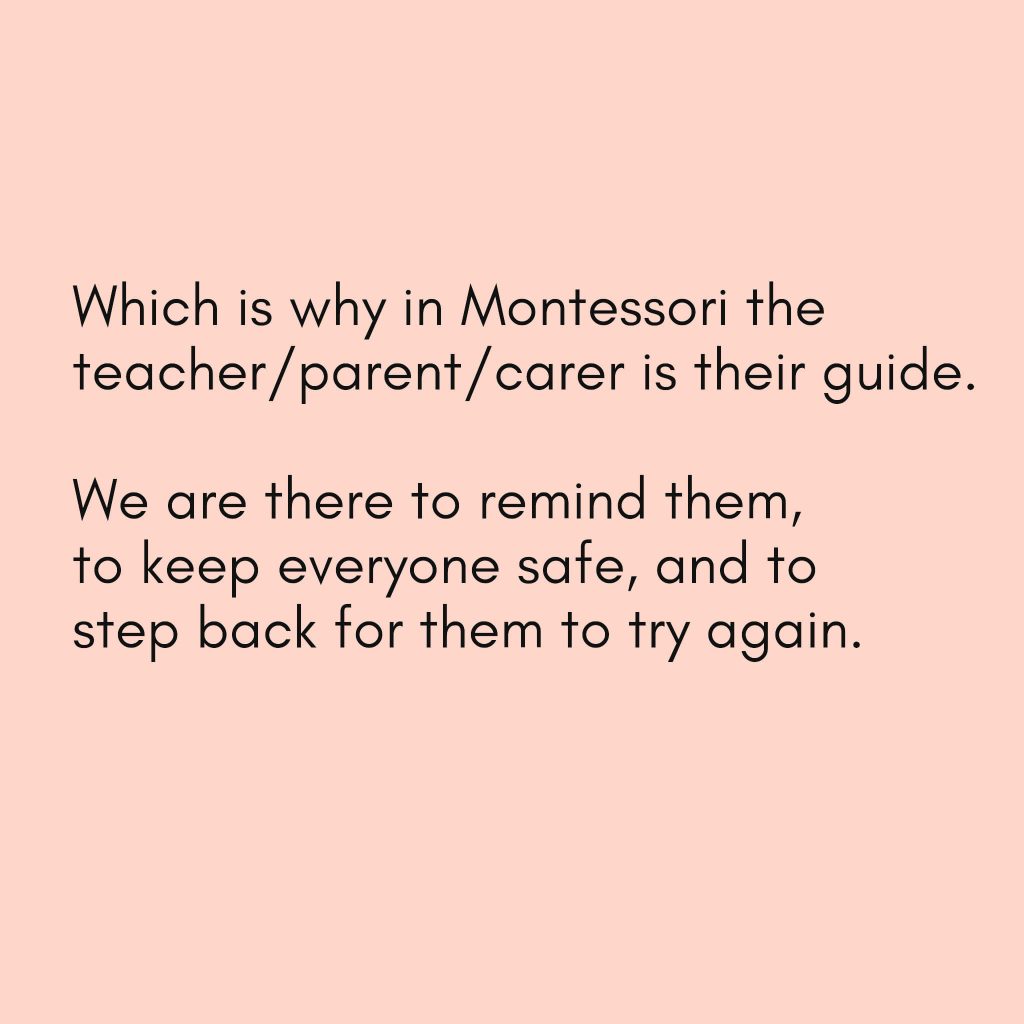
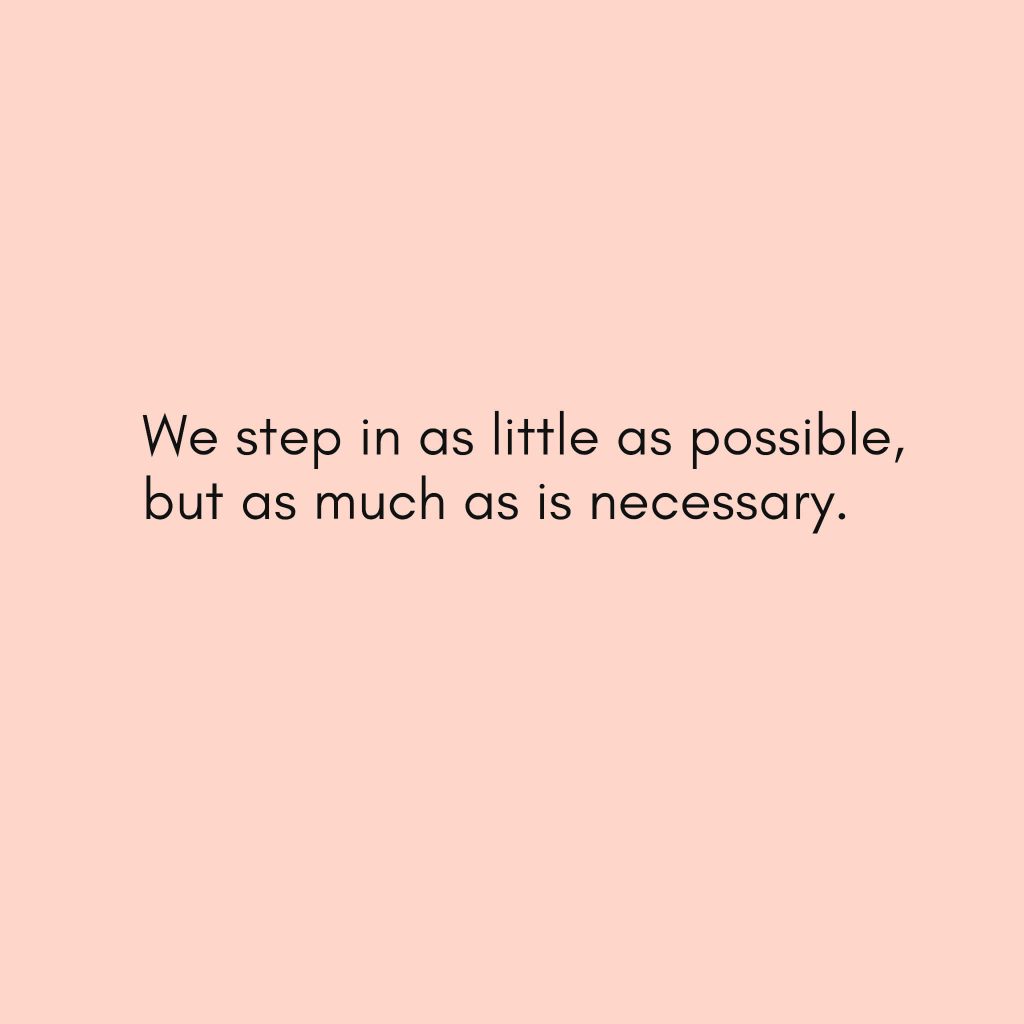
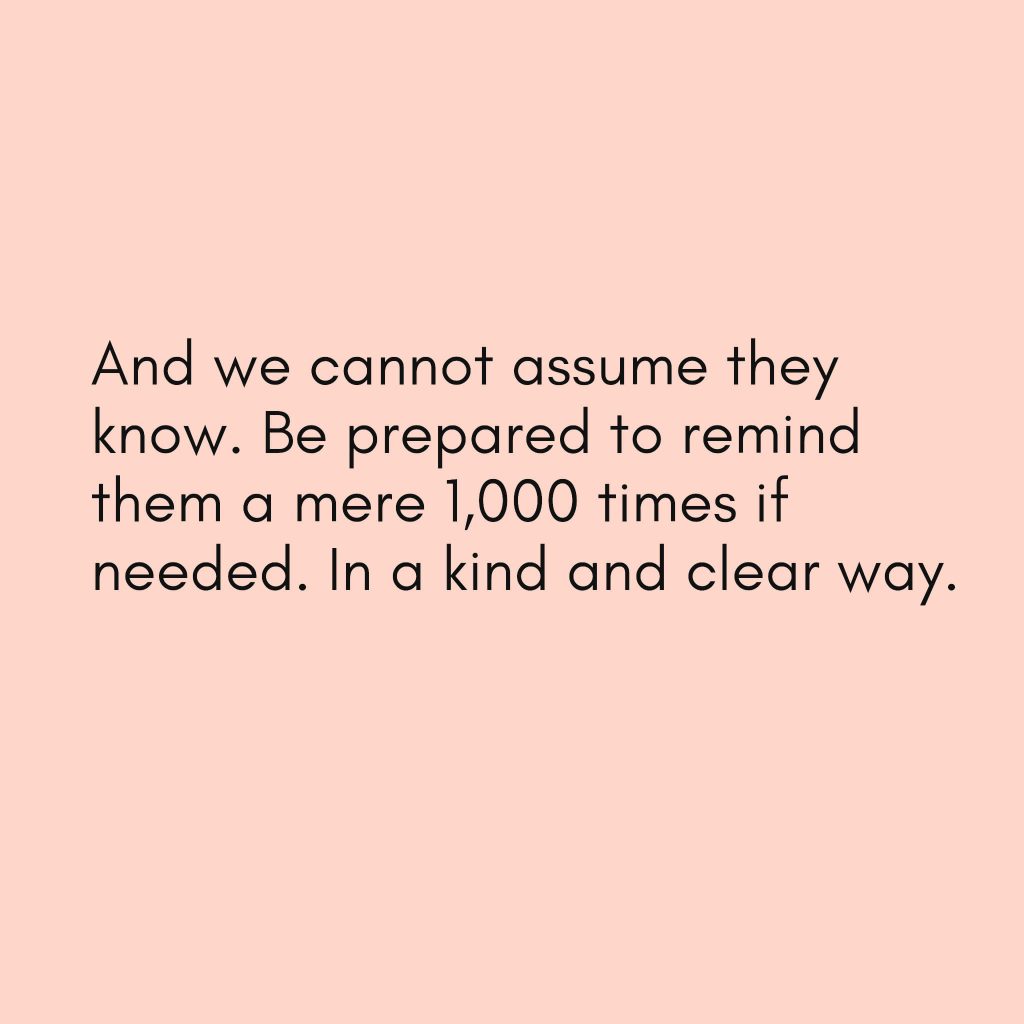
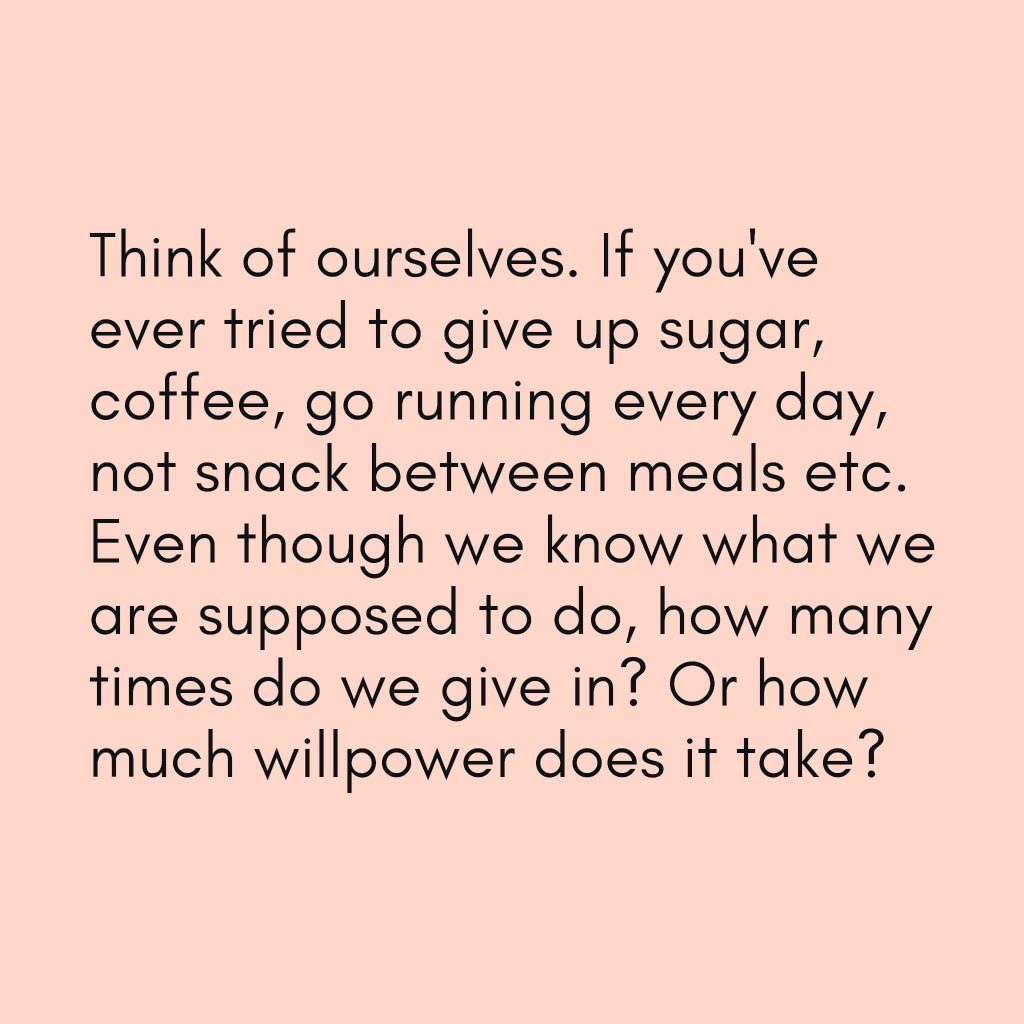
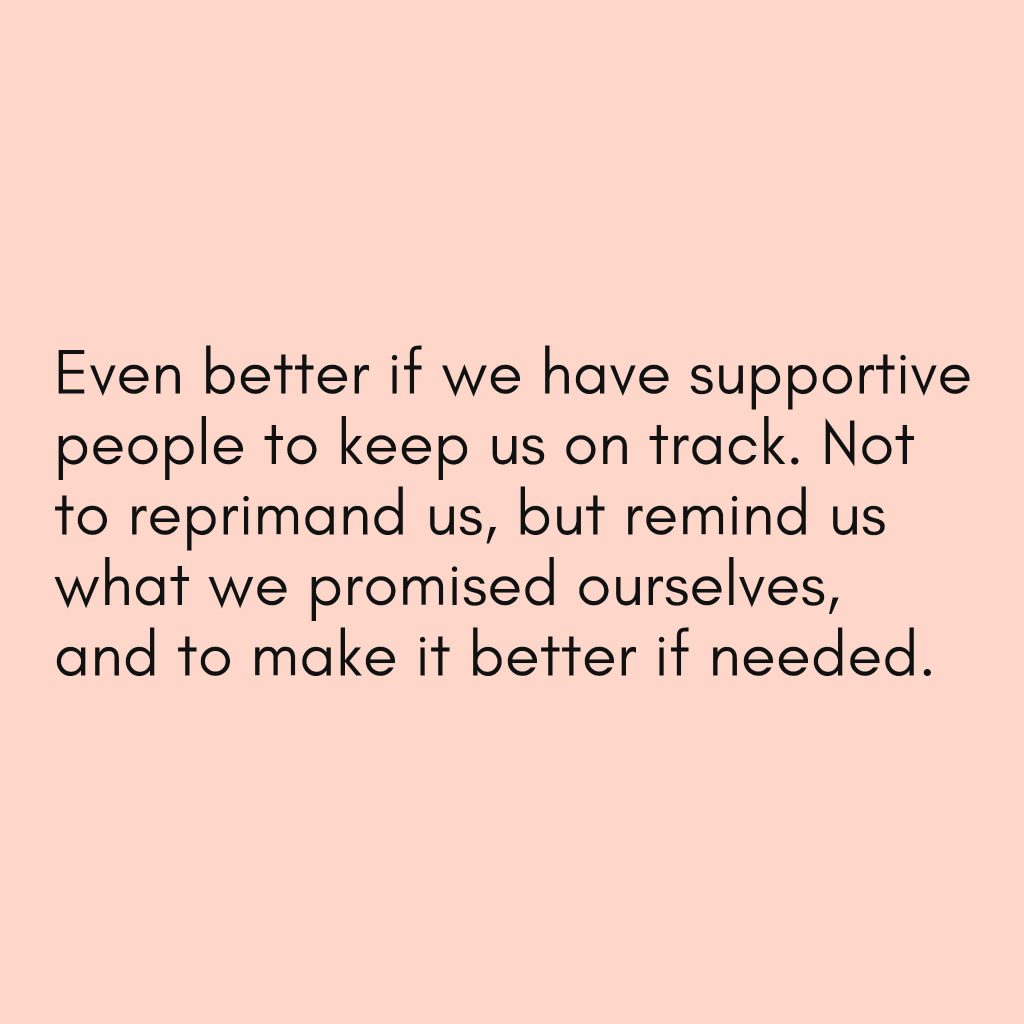
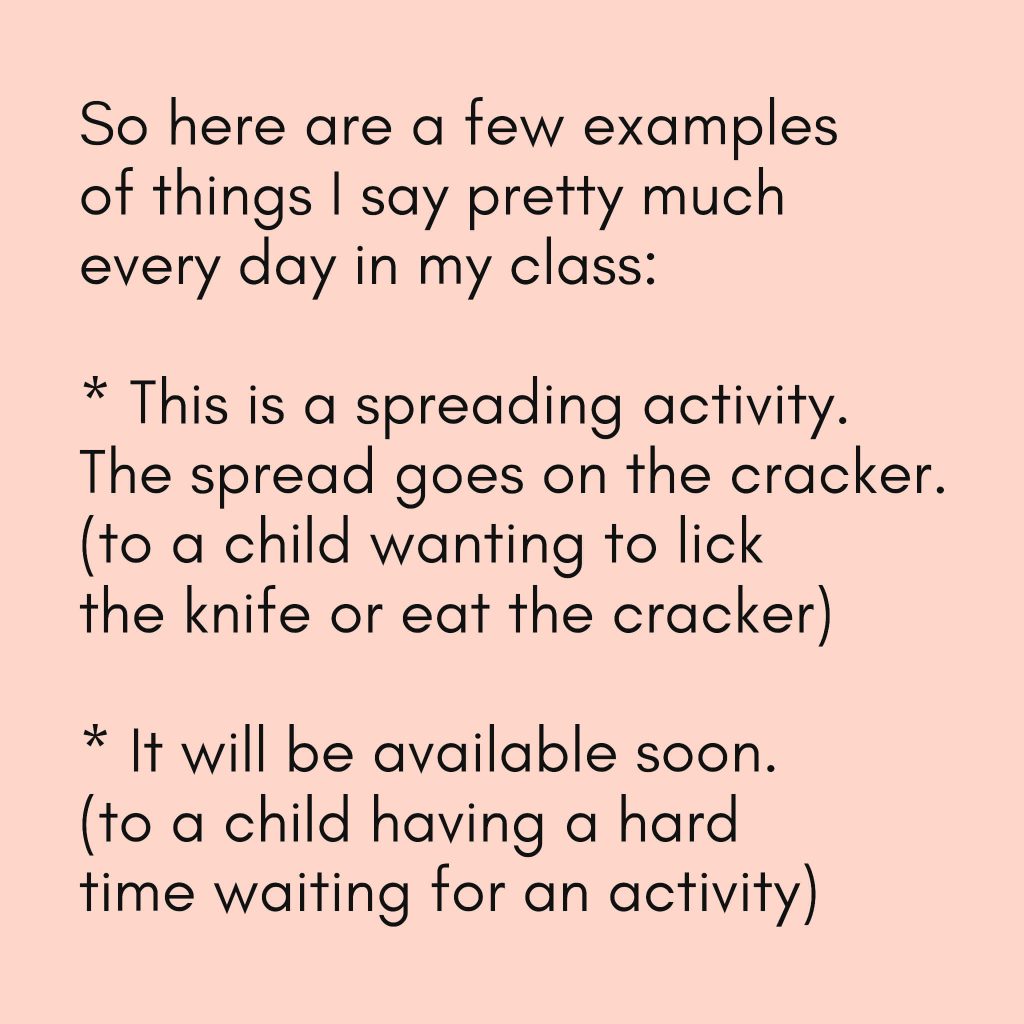
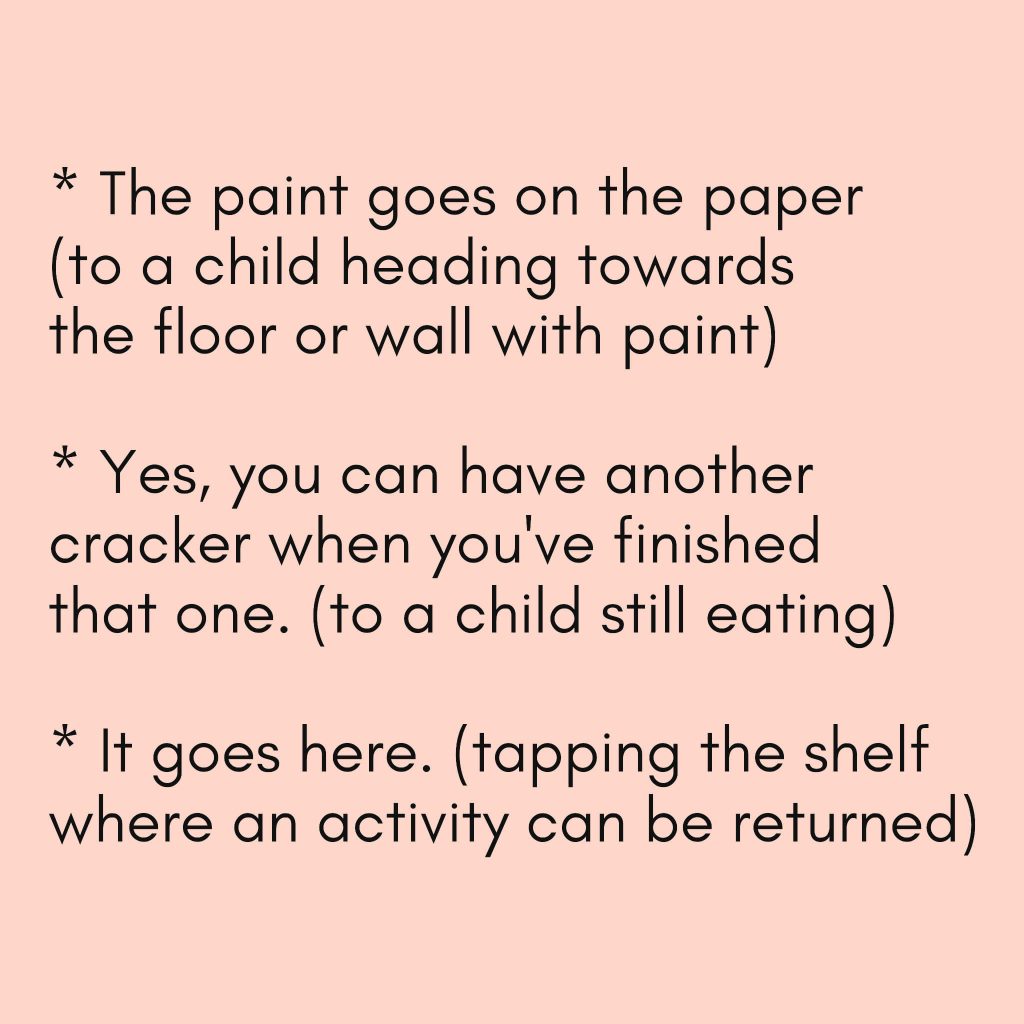

Simone Davies has more than 20 years’ experience as an AMI Montessori educator. Simone is the author of “The Montessori Toddler” and co-author of “The Montessori Baby” and “The Montessori Child” books, comprehensive guides to raising children in a Montessori way. She currently runs parent-child Montessori classes in Amsterdam at her school Jacaranda Tree Montessori. She also has a popular blog, instagram and podcast “The Montessori Notebook” and is mother to two young adults.